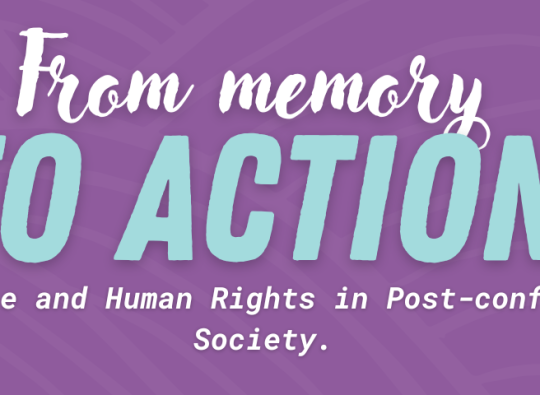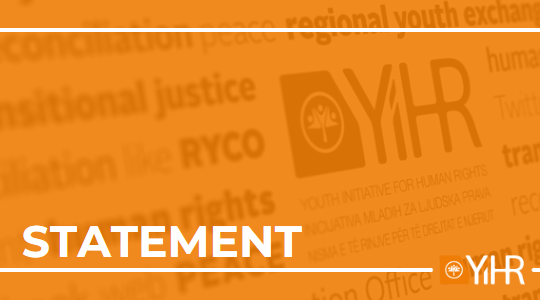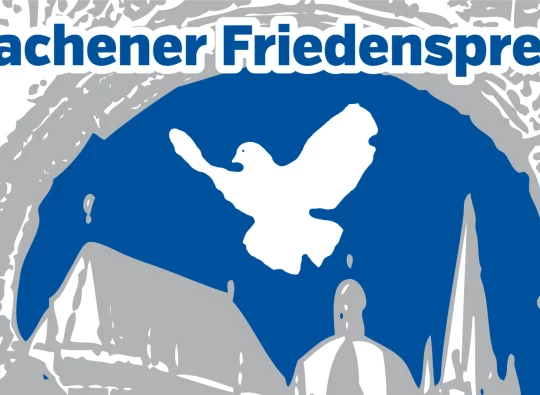Since July 6, 2024, Ms. Todorović has been detained each time she enters or exits the country, marking this as her eighth instance of detention. These detentions typically last between 90 minutes and 4 hours, during which she is often held in a designated area of the airport under continuous police supervision (July 26; August 20; August 26).
On theese occasions, border police officials have indicated that the detentions are due to a detailed border inspection, which includes a thorough search of luggage. They explain that a specific designation appears when scanning Sofija Todorović’s passport, which mandates this procedure for every entry and exit from the country.
We initially believed the detentions were routine, but after their repeated occurrence—regardless of whether the travel was for business or personal reasons—along with the denial of access to a lawyer, refusal to issue a detention certificate, and especially after officials disclosed the existence of “lists related to verbal offenses,” we have decided to bring this case to public attention.
Border police officials have consistently refused to issue a confirmation of detention or any documentation regarding the detentions. The only instance where Todorović received a document was during her detention at the airport on the evening of August 26 (21:45-01:45), when she was given a luggage search receipt upon request, which also recorded the duration of the search.
We believe these detentions represent arbitrary confinement of Serbian citizens, designed to severely undermine the individual’s sense of security and to restrict their freedom in ways that significantly affect their personal and professional lives.
The persistence of these unlawful practices by the police suggests that even law-abiding Serbian citizens may be listed on certain “blacklists,” contrary to Minister Dačić’s statements on August 28 on TV Prva, where he claimed that such lists apply only to foreign nationals. Furthermore, the ongoing practice of unjustified detention of the Initiative’s director indicates that President Vučić misled the public when he stated on TV Pink on August 26 that all detention-related lists would be abolished. The existence of these lists was first publicly mentioned following the detention of singer Severina Vučković at the Batrovci crossing by Serbian border police, who questioned her about her views on crimes during Operation Storm, the Srebrenica genocide, and protests in Serbia.
This practice of intimidation has been employed multiple times against politician Rada Trajković since 2022, as well as against Serbian citizens of Albanian nationality from the Preševo Valley, such as politician Ardite Sinani, as documented in our October 2023 report. The National Convention on the European Union (NCEU) condemned this abuse in an open letter to Prime Minister Vučević and the president of the National Assembly Brnabić on August 27, addressing the ongoing campaign against non-governmental organizations in Serbia. On August 28, the European Commission highlighted that the existence of a list of ‘undesirable’ individuals in Serbia due to their political views is problematic.
It is crucial to note that in the last two detentions, the director of the Initiative was denied access to legal representation, despite explicit requests for it, which is a right guaranteed under Serbian law. This denial constitutes a direct violation of Article 5 of the European Convention on Human Rights. Furthermore, the repeated nature of these detentions—now occurring for the eighth time—represents a breach of Article 3 of the Convention, as arbitrary detention amounts to torture and inhumane or degrading treatment.
The Guide to the Application of Article 5 of the European Convention on Human Rights indicates that detention in an airport transit zone can be considered a form of deprivation of liberty, even without formal arrest or detention. Each case must be assessed based on the context, including the frequency and duration of detention, and the extent of movement restrictions. The manner and nature of these detentions suggest that they are not routine checks but rather a form of repression targeting human rights defenders, aimed at intimidation and obstructing both their professional and personal activities.
The Ministry of Internal Affairs, the Security Information Agency, and the Border Police Administration have been notified of the ongoing detentions of Sofija Todorović. A formal request has been submitted to the Border Police Administration for documentation on all detentions, including their duration, police activities during the detentions, and the legal basis for such continued actions.
We urge the relevant authorities to end these repressive and discriminatory practices and to ensure that all citizens of Serbia can fully enjoy their human rights.












